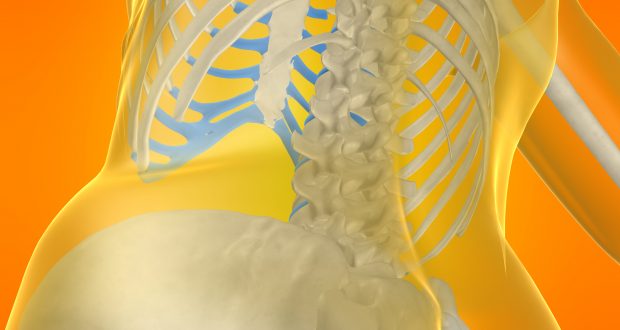By: Red Hot Mamas
Published: August 17, 2016
Contributed by Annie Liztan- Guest Contributor
Most women do not look forward to menopause. Known for its variety of unpleasant side effects, menopause is a milestone for many women that is marked by difficult changes and symptoms that can be hard to manage.
Unfortunately, menopause also carries with it a few long-lasting consequences. One of the notable consequences can be bone deterioration. This degenerative issue can lead to conditions like osteoarthritis. Keep your bones healthy throughout menopause to avoid such issues by using the following tips.
Tip #1: Prepare Ahead of Time
Long before you reach this milestone in life, gain an understanding of different types of menopause treatments. You will be thankful, when menopause arrives and you are exhausted, to have a plan of action. Different menopause treatments are dietary, supplemental, medicinal, and some involve lifestyle changes.
In preparation, you can also help prevent bone density loss by:
- Consuming plenty of calcium
- Strengthening your bones while you’re young
- Exercising regularly with weights
Simple tricks like these can reduce your risk of bone density loss and set you up for a healthier period of menopause.
Tip #2: Consult With Your Doctor
To get expert advice on menopause treatment and product options, consult with your doctor. General physicians and gynecologists should both be familiar with menopause and its side effects as well as methods for making menopause manageable.
Ask your doctor specifically about:
- What you can do to prevent issues like bone loss during menopause
- How healthy your bones and calcium levels are currently
- If any of your medical conditions or traits put you at high risk of certain side effects
- If there any menopause medications or supplements that your medical history would prevent you from using
Tip #3: Address Contributing Health Issues
If you already have or are at increased risk of conditions like rheumatoid arthritis and osteoarthritis, it is especially important to consult with your doctor and take steps to protect your bone health before, during, and after menopause.
Rheumatoid arthritis tends to affect the bones around the joints in particular. When exercising to support bone health, you may need to perform specific exercises to strengthen those already affected bones. You may also need special accommodations for exercise, like only working out in low-impact environments, due to the symptoms of Rheumatoid Arthritis.
Osteoporosis, on the other hand, is a general weakening of the bones. This condition tends to make people susceptible to fractures and other bone injuries. If you are predisposed to this condition, your doctor may prescribe you certain supplements or medications in preparation for menopause to reduce your risk. Likewise, if you have the condition already, a doctor may have specific directions on what you can or cannot do during menopause in order to avoid exacerbating your Osteoporosis.
Tip #4: Form Healthy Eating Habits
Although taking supplements is important and can be especially helpful for supporting bone health throughout menopause, the body best accepts nutrients like calcium through regular digestion. That’s why it is essential to eat foods that are helpful for bone health and are otherwise nutritious.
At the same time, there are some foods that can put bones at greater risk or exacerbate the effects of menopause. Caffeine, for instance, steals calcium that is much needed for the bones. Soda and salt, likewise, have adverse effects. Many women lose more minerals necessary to bone density due to a high salt diet, for example.
Tip #5: Practice Exercise
Working out may sound like a bad idea when you face the potential of weakening bones. However, the only way to truly strengthen bones is to exercise. Just like other components of the body, bones benefits from working out.
While young and healthy, work out with weight bearing exercises to build up those bones. Once older or in the stages of menopause, focus on gentle weight-bearing exercises and low-impact forms of working out. Aquatic aerobics, for instance, is gentle but can involve minor weight lifting that boosts bone strength safely.
Tip #6: Take Care of Menopause Symptoms
As menopause begins to set in, do not neglect to take care of all of the symptoms that present. Supplements can help with this. You need to take care of other symptoms so that your body is equipped to be healthy- including taking care of the bones- even while these significant changes take place.
Author Bio:
Annie Lizstan works as a health and beauty consultant for online websites and an independent researcher by profession. She had completed her studies from university of Arizona and live in Wasilla, Alaska. She always like to explore her ideas about health, fitness and beauty . In her recent period ,she got an opportunity to explore best skin brighteners. She has experience researching as a passion as well as profession. You can also connect with her on Facebook, Twitter and Pinterest.
The Content of this article is for informational purposes only and should not substitute for the advice of your doctor or healthcare professional. If you have a question about this article or another medical condition, please consult with your doctor or other qualified healthcare professional.
 Red Hot Mamas In Charge of Change.
Red Hot Mamas In Charge of Change.




